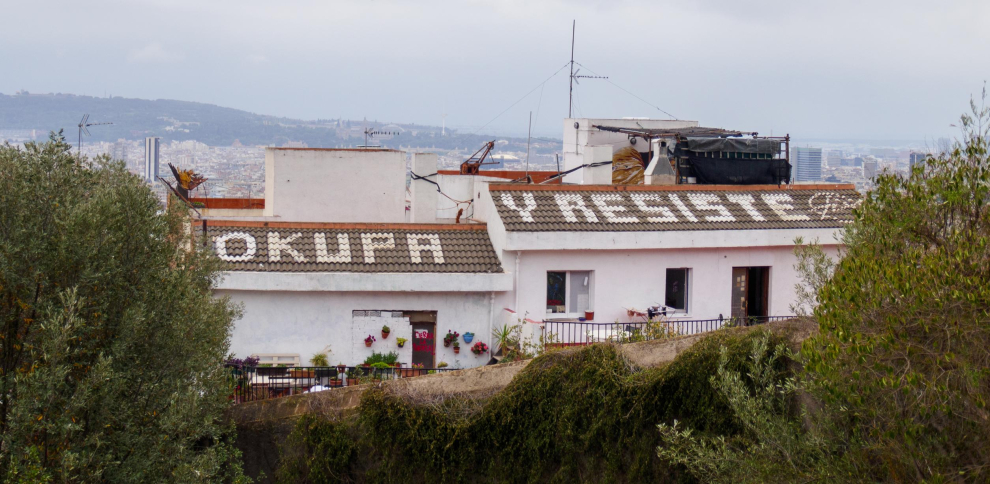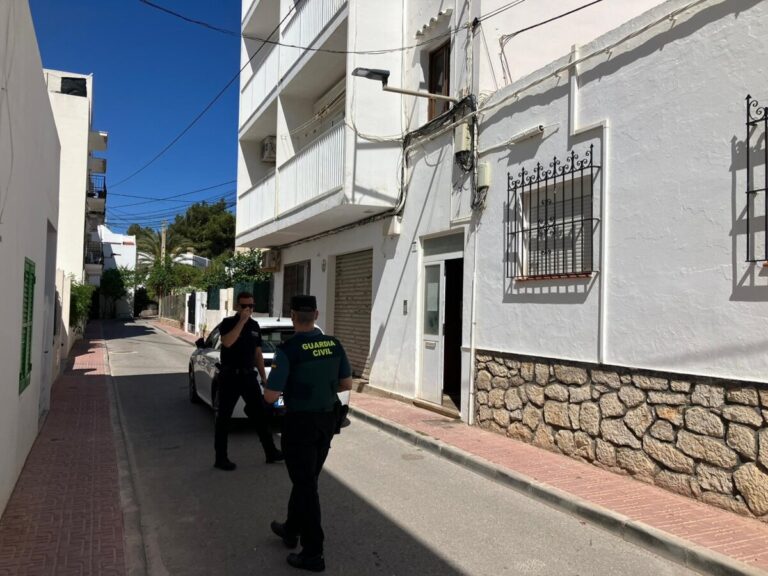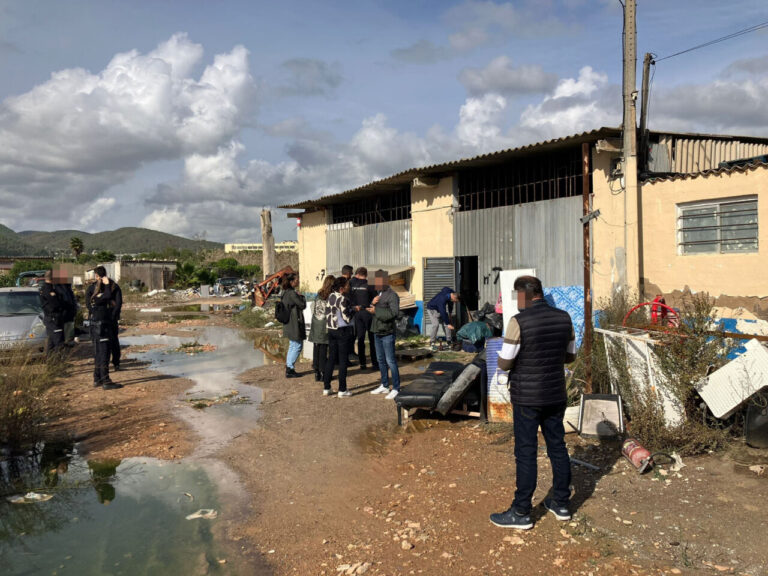With the approval of the Draft Organic Law on Measures for the Efficiency of the Public Justice Service, the time required to evict squatters in Spain has been significantly reduced.
The express eviction procedure against illegal squatters is regulated in the Civil Procedure Law (LEC). Article 250.1.4º, second paragraph, of this law states that:
“They may request the immediate recovery of full possession of a dwelling or part of it, provided that they have been deprived of it without their consent, the natural person who is the owner or legitimate possessor by another title, non-profit entities entitled to possess it and public entities owners or legitimate possessors of social housing.”
This procedure is also developed in articles 437.3 bis, 441.1 bis and 444.1 bis of the same law. It was introduced by Law 5/2018, of June 11, to specifically address squatting and provide a more agile solution to homeowners.
Speedy trials: a significant advance
The reform of article 795 of the Criminal Procedure Law allows cases of housebreaking and home invasion to be processed through fast-track trials. This procedure, which includes less serious crimes such as theft and robbery, now contemplates illegal occupations, establishing a period of 15 days to hold the trial and resolve the situation. Despite its agility, the regulation does not apply to cases of “inquiokupación”, where a tenant stops paying rent but remains in the dwelling. In these cases, ordinary court proceedings are still necessary, extending the deadlines significantly.
How long does it actually take to vacate?
In cases in which there are no supporting titles of the squatters, the court can order the launching in less than a month. According to data from the General Council of the Judiciary (CGPJ), before this reform, the deadlines for evicting squatters could exceed two years, especially in communities such as Murcia, the Canary Islands and Castilla y León. With the new regulation, these times are considerably reduced.









